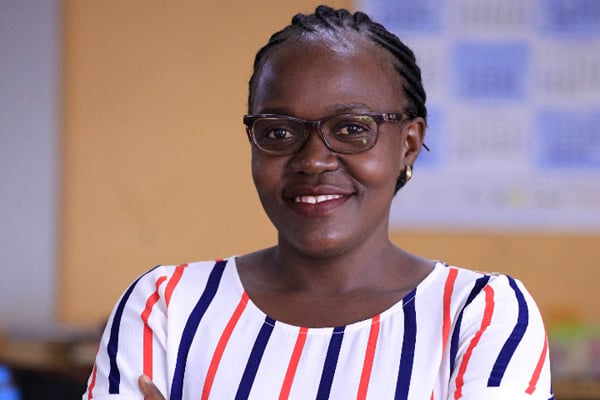Trial of ADF’s Mukulu, 37 others starts

On trial: Jamil Mukulu. PHOTO/FILE/COURTESY.
What you need to know:
- They are accused of launching a rebellion and terrorising people in Rwenzori Sub-region before establishing their base in eastern DR Congo.
The trial of Jamil Mukulu, the alleged rebel leader of the Allied Democratic Forces (ADF), and 37 others started yesterday with all the suspects denying any link to the rebellion.
They are accused of launching a rebellion and terrorising people in Rwenzori Sub-region before establishing their base in eastern DR Congo.
The group had appeared before a panel of three justices of the International Crimes Division of the High Court; Michael Elubu, Susan Okalany and Lydia Mugambe.
Due to the prevailing Covid-19 pandemic, the judges travelled to Luzira prison where they held the court session.
Journalists, family members of the accused and the general public, attended the criminal session from the High Court premises through video conferencing.
The accused are charged with terrorism, murder, aggravated robbery, aiding and abetting terrorism and crimes against humanity.
Others are attempted murder and belonging to a terrorist organisation.
The prosecution alleges that the accused and others still at large committed the crimes between 2011 and 2015 in diverse parts of the country.
The prosecution further alleges that the group were involved in the murder of Sheikh Ductoor Abdukadir Muwaya, Sheikh Yunus Abubakeri Mandangu, Tito Okware (LC3 chairman), CPL Julius Owori, Stephen John Owori, PC Babale Muzamir and SPC Tenya Karim.
The accused complained to the judges about continued detention despite having been released on bail, and intimidation from State agents.
The judges tasked their lawyers and prisons staff to take action on their concerns.
The case was adjourned to January 27 for hearing.
Mukulu has been in detention since he was arrested in Tanzania in April 2015 and extradited to Uganda later that year. The ADF is a Ugandan Muslim rebel group whose basic motives and ideology remain unclear but regional governments have alleged links to international jihadist movements.





